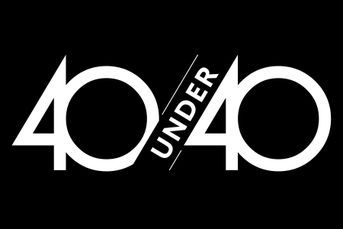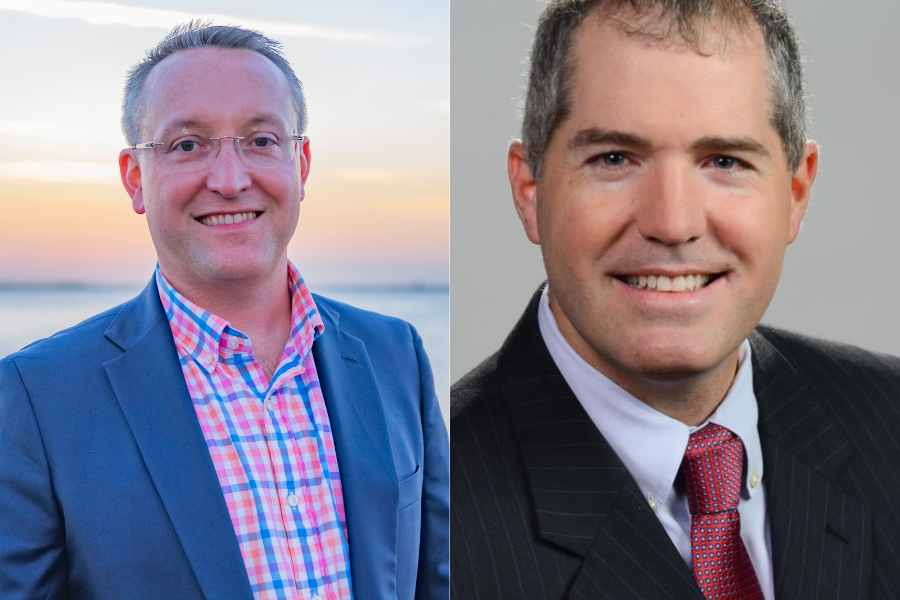Scale tips in favor of employee advisers
Stark shifts are under way in terms of how advisory firms are structured and the kind of growth they can expect in coming years
No doubt about it, the financial advice industry is changing.
Some stark shifts are under way in terms of how advisory firms are structured and the kind of growth they can expect in coming years.
This publication has published several stories over the past couple of weeks drawing out the most surprising and useful results from the 2015 InvestmentNews Adviser Compensation and Staffing Study. This report has a long history — the first one was produced in 1995 — and highlights some trends advisers should be aware of as the industry continues to evolve and mature.
One striking change: There are now more employee advisers at independent firms than owner advisers. That picture many of us have of independent shops — the entrepreneurial owner toiling, and often succeeding, all alone — needs to be replaced with a bubbling office housing multiple advisers and a support staff.
A MATTER OF MATH
Of course, not all firms look like this, but now the majority do. What’s with the shift?
It really has to do with math — two kinds.
First, salaries for employee advisers and key positions — which are basically unchanged over the past couple of years — are an investment to enhance the owner’s capabilities and, therefore, income. And boy, have they. Between 2012 and 2014, average owner income rose 24%, and it rose 18% over five years. The study cites the example of owners delegating an average $478,000 in revenue responsibility to an employee adviser who earns $143,000 in compensation — a 70% gross margin.
The second factor involves economies of scale as they relate to set costs, no matter the amount of production (up to a point). The costs, some would say burdens, of necessary inputs such as compliance and technology have risen significantly in recent years. Sharing those burdens over a larger amount of output only makes sense.
Other factors come into play, such as the pressure put on solo owners to work 24/7, which can be alleviated when advisers work on teams and can actually take a break from client demands once in a while. And specialists — tax, legal, etc. — now affordable at higher scale, take additional responsibilities off advisers’ shoulders while making their services more attractive.
A story by InvestmentNews reporter Liz Skinner earlier this month on additional findings from the study showed that independent advisers’ growth is slowing, and pointed to the fact that competition for top clients is rising. She quoted consultant Brandon Odell, whose firm, The Ensemble Practice, was a strategic partner on the study, as saying: “It’s become more competitive to get that new client based on all the efforts that firms are putting into their business development.”
Yes, many larger firms are hiring business developers or, at the very least, training all staff members in this important role. Other firms are hiring chief marketing officers to expand their reach. Can a one-person shop afford this? Hardly.
DEFINE ‘INDEPENDENT’
But this move in the industry toward mature businesses instead of small practices may not be all rosy. If the consolidation of employee advisers begins to look more and more like the wirehouse model, what will “independent” mean?
We think of independent advisers acting as holistic planners, and having the freedom to serve the clients they want by getting creative with pay structures and services. Does a regimented employee model allow for this flexibility? What will differentiate one large employee advisory firm from another? Marketing?
The old world of small advisory firms isn’t going away soon — and clients deserve the options available from truly independent shops. But it’s important for those who think about the industry and its future not to ignore the trend toward consolidation, and consider, along with the benefits, the consequences that higher efficiency and profitability will bring to both the adviser and the client.
Learn more about reprints and licensing for this article.






